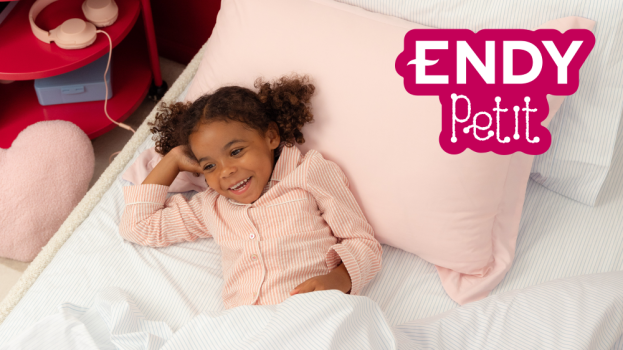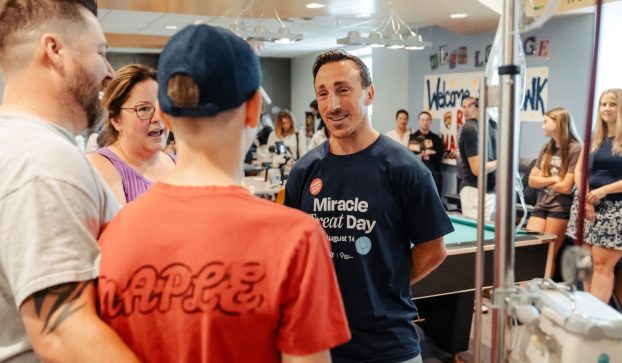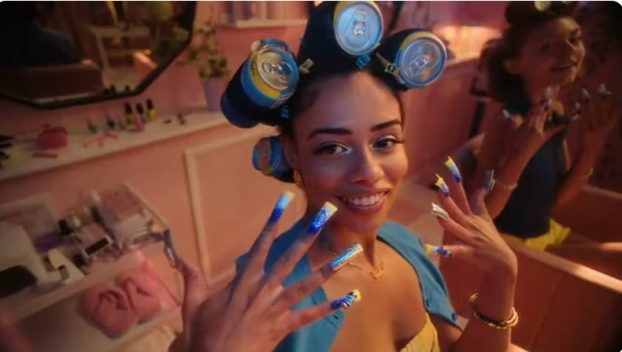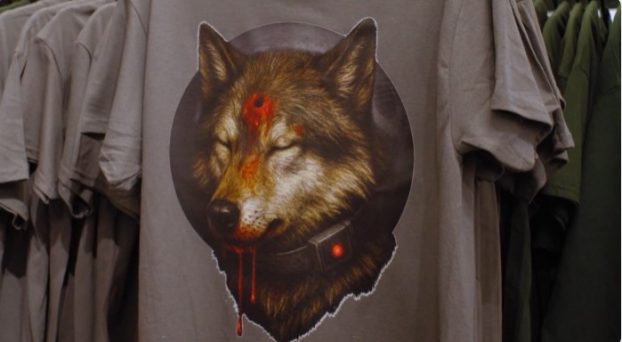Trading platform Bunz has changed up its branding as it expands and hopes to welcome new users into the fold.
Bunz Trading Zone began as a private, Toronto-based Facebook group in 2013 but quickly grew its user base, prompting founder Emily Bitze to team up with a team of other entrepreneurs and developers to expand the offering. About a year ago, it became a company in its own right, launching a web platform and mobile app to facilitate cashless bartering and has since grown to more than 100,000 members in 250 cities.
Now, based on how its followers were actually using Bunz, the brand has transitioned its app into offering what it calls “city networks,” still facilitating trades of everyday items but also adding a “homes” services, centred on renting spaces, and “helping,” focused on job searches.
“We kind of wanted to put a lasso around all of the groups they’ve created,” Bitze says.
Along with the change to its actual offering, Bunz teamed up with Cossette to rework its strategy and branding, settling on a cheeky logo of two faces together, meant to convey the idea of mutual satisfaction at a deal well done.
Initially, the name of the trading group was actually “Bumz” based on the idea of “bumming” an item. That name was considered offensive to some, since it speaks to a marginalized group, prompting it to change the name to Bunz, which doesn’t have any particular meaning, Bitze says.
At launch, it used an illustrated troll logo, a fun and quirky look that spoke to Bunz loyalists but was a bit alienating to those new to the network, she says.
Bunz has relied on organic traction but is now also planning to launch a marketing campaign, led internally and created, naturally, with the help of its community (including finding a director and using homes from its community).
A series of nine online videos have been produced to convey the uniqueness of the Bunz community. Those will launch later in February and will be supported through pre-roll and social media, says Sarena Ally, Bunz’s marketing lead.
Bunz hasn’t yet figured out how to make money from its venture, relying on the support of an angel investor to develop the app. However, Ally says there will be opportunity in the future for brands to advertise somehow, though Bunz’s team is working out how to do so without alienating its core base.
Recently, it has worked with brands on a case-by-case basis, consulting on how best to leverage the platform. Canadian Red Cross and its agency partner OneMethod, for example, recently launched a campaign through Bunz to drive awareness among millennials of the importance of emergency preparedness.
























